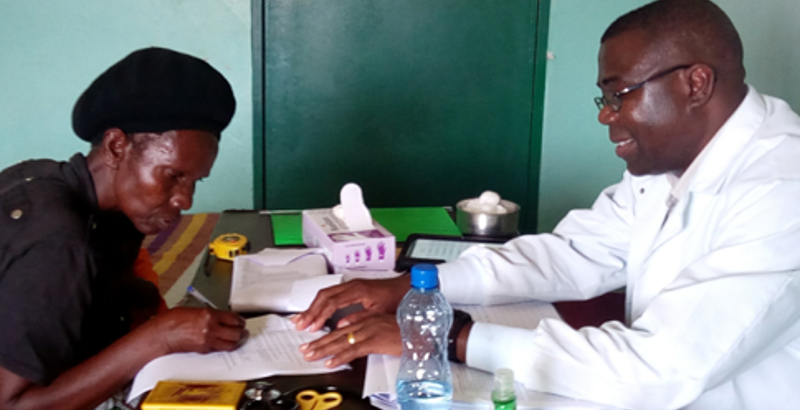In the case of the TyVAC Data and Safety Monitoring Board, also known as the DSMB, the name reveals quite a bit about its function. The Greenberg Report, issued in 1967 and published in 1988, recommended an independent group of experts provide oversight and monitor the conduct of clinical trials. In 1998, the National Institutes of Health began requiring a DSMB for multi-site clinical trials with potential risk to participants.
The DSMB serves in an advisory capacity to assess data, monitor participant safety, and evaluate the efficacy and conduct of a study. The DSMB is guided by a charter – a living document – that defines responsibilities and membership, describes the data, delineates the meeting process, and outlines considerations and policies. With the goal of safeguarding the interests of study participants, assessing the safety and efficacy of study procedures, and monitoring the overall conduct of the study, the DSMB plays a vital role in a clinical trial.
It is a privilege to serve as the Chair of the TyVAC DSMB. As the Chief Scientific Officer and Head of the Enteric Disease & Vaccines Research Unit at the Centre for Infectious Disease Research in Zambia (CIDRZ), my interest in vaccine research, child immunizations, and infectious tropical diseases runs deep. In 22 years as a doctor, I have seen too many children die of preventable causes. In Zambia, enteric and diarrhoeal diseases are the third leading cause of childhood mortality accounting for up to 16% of all under five deaths. On average, up to 16% of all Zambian children under five report a bout of diarrhoea every two weeks. While there have been drastic improvements in morbidity and mortality since introduction of rotavirus vaccination in Zambia, the toll of the disease remains high. Similarly, typhoid disproportionately impacts children younger than 15 years of age; 64% of cases, and 68% of deaths from typhoid are in children under 15. Unfortunately, there are multiple causes of enteric and diarrhoeal infections, including viral, bacterial, protozoan, and fungal. Children cannot grow well when they are constantly bombarded by these infections and I feel duty-bound to join efforts with colleagues globally in search of solutions. Vaccines, such as the new typhoid conjugate vaccine (TCV), offer the only realistic help in the short- to mid-term to alleviate child morbidity.
As the Chair of the DSMB, which oversees studies in Nepal, Bangladesh, and Malawi, I have a unique role to ensure credibility of the TyVAC clinical trials. As an African, I am very excited about the prospects of this vaccine in endemic areas. Typhoid is an on-going problem in sub-Saharan Africa and Asia. With growing multidrug-resistant strains of typhoid, diagnostic challenges, and underutilization of the first licensed typhoid vaccines in endemic countries, the future looked bleak for the millions impacted each year. In 2018, the outlook brightened with the World Health Organization prequalification a TCV that promises increased effectiveness against children as young as 6 months of age, and a longer duration of protection than previous vaccines, which gives me hope that the brunt of typhoid will soon be curtailed.
This is a monumental introduction and the first vaccinations and data collected in Africa. I am excited to chair the DSMB – overseeing data from more than 88,000 children – a task instrumental to demonstrating the benefits of vaccination. These data hold the promise of unlocking recommendations for widespread use should the results confirm that the vaccine is safe and efficacious. Our solemn duty is to carefully watch safety signals and ensure the integrity of the data collected. It is indeed a great honour to be part of this process.
Photo Credit: Roma Chilengi, TyVAC DSMB



